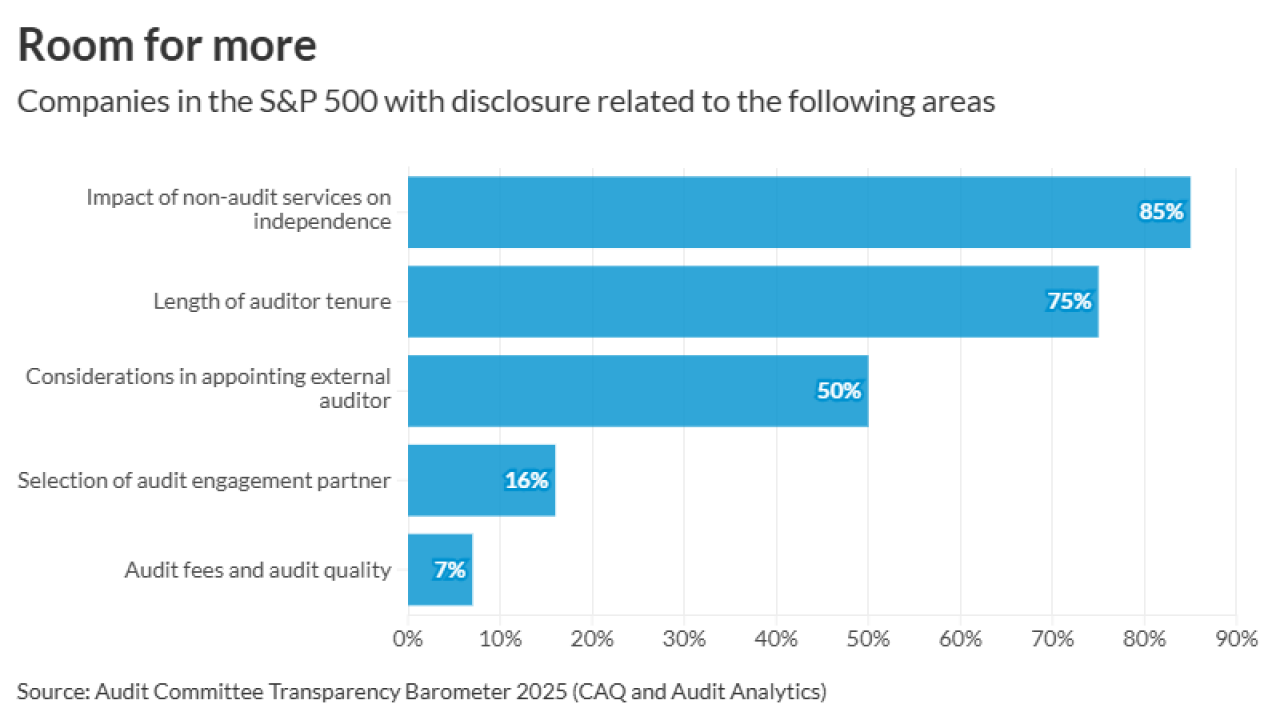Sen. Ron Wyden, D-Ore., the top Democrat on the Senate Finance Committee, teamed up with several of his fellow Democrats Wednesday on new legislation and investigations of reported abuses of the opportunity zone tax break for real estate investors.
Opportunity zones were included as part of the Tax Cuts and Jobs Act of 2017 with the goal of bringing more investment to economically distressed communities by providing substantial tax breaks, including the ability to defer capital gains taxes for years or even indefinitely. The program has been accused of favoring projects in already gentrifying areas that would have attracted investment anyway and providing tax breaks to politically connected real estate developers.
Wyden introduced

“The opportunity zone program has been troubled from the start,” Wyden said in a statement Wednesday. “The Treasury Department has been steering potentially billions in tax breaks to Donald Trump’s friends, and there are no safeguards to ensure taxpayers are not simply subsidizing handouts for billionaires with no benefit to the low-income communities this program was supposed to help. Republicans who support the program should work with Democrats to ensure it does not become a boondoggle.”
Wyden also teamed up with House Ways and Means Committee Chairman Richard E. Neal, D-Mass., Senator Cory A. Booker, D-N.J., and Ways and Means Oversight Subcommittee Chairman John Lewis, D-Ga., to ask the Government Accountability Office to study the opportunity program to review its effectiveness in spurring investment in low-income areas compared to other federal incentives, zone designations and program compliance.
“Given the breadth of the Opportunity Zone incentive, the lack of reporting requirements under current law, as well as the high levels of reported interest from taxpayers, we believe it is critical that the Government Accountability Office (GAO) assist Congress in evaluating the incentive and monitoring its implementation and outcomes,” they wrote.
Wyden and Neal also launched an investigation specifically into the Treasury Department’s opportunity zone designation of Storey County, Nevada, and whether political appointees interfered in the process to potentially steer millions in tax breaks to longtime associates, citing articles in The New York Times and the Washington Post. They sent a
“A similar report was published last year by the Washington Post, which claimed that the Internal Revenue Service (‘IRS’) ‘decided to adjust its process’ for Storey County and that it was ‘the only census tract that was able to use the different measurement.’ The allegations in both news articles, if true, are deeply troubling and threaten to undermine the intended goals of the Opportunity Zone program,” they wrote. “The New York Times also released an internal memorandum from a career IRS official, which warned about the negative impact that this designation would have on the Opportunity Zone program. Among other things, the memorandum stated that the decision to allow Nevada to ‘deviate from’ the established eligibility criteria ‘creates serious potential risks to both the IRS and the opportunity zone program,’ is ‘demonstrably unfair to every other state (and the taxpayers and investors in those states),’ and ‘call[s] into question the legitimacy of the process by which designations were made.’ Despite these objections, Treasury allowed for the designation of Storey County.”





